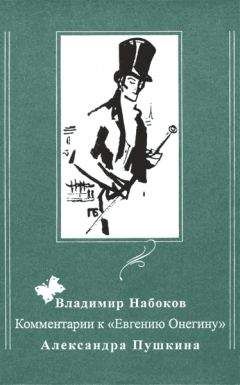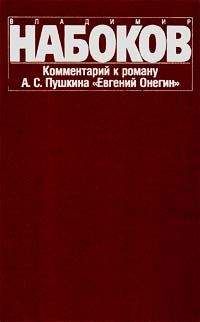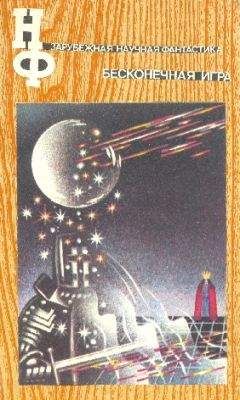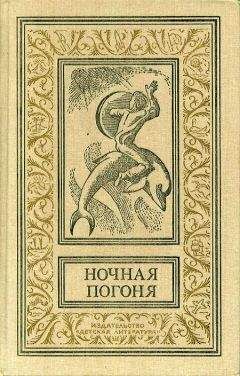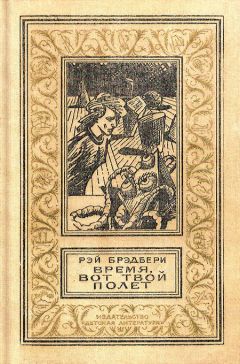VI
Time was, he bantered drolly,
knew how to gull a fool
and capitally fool a clever man,
4 for all to see or on the sly;
though some tricks of his, too,
did not remain unchastised;
though sometimes he himself, too, got
8 trapped like a simpleton.
He knew how to conduct a gay dispute,
make a reply keen or obtuse,
now craftily to hold his tongue,
12 now craftily to raise a rumpus,
how to get two young friends to quarrel
and place them on the marked-out ground,
or have them make it up
so as to lunch all three,
and later secretly defame them
4 with a gay quip, with prate....
Sed alia tempora! Daredevilry
(like love's dream, yet another caper)
passes with lively youth.
8 As I've said, my Zarétski,
beneath the racemosas and the pea trees
having at last found shelter
from tempests, lives like a true sage,
12 plants cabbages like Horace,
breeds ducks and geese,
and teaches [his] children the A B C.
He was not stupid; and my Eugene,
while rating low the heart in him,
liked both the spirit of his judgments
4 and his sane talk of this and that.
He would frequent him
with pleasure, and therefore was not at all
surprised at morn
8 when he saw him;
the latter, after the first greeting, interrupting
the started conversation,
with eyes atwinkle, to Onegin
12 handed a billet from the poet.
Onegin went up to the window
and read it to himself.
It was a pleasant, gentlemanly,
brief challenge or cartel:
politely, with cold clearness, to a duel
4 Lenski called out his friend.
Onegin, on a first impulsion
to the envoy of such an errand
turning, without superfluous words
8 said he was “always ready.”
Zaretski got up without explanations —
did not want to stay longer,
having at home a lot of things to do —
12 and forthwith left; but Eugene,
alone remaining with his soul,
felt ill-contented with himself.
And serve him right: on strict examination,
he, having called his own self to a secret court,
accused himself of much:
4 first, it had been already wrong of him
to make fun of a timid, tender love
so casually yesternight;
and secondly: why, let a poet
8 indulge in nonsense! At eighteen
'tis pardonable. Eugene,
loving the youth with all his heart,
ought to have shown himself to be
12 no bandyball of prejudices,
no fiery boy, no scrapper, but a man
of honor and of sense.
He might have manifested feelings
instead of bristling like a beast;
he ought to have disarmed
4 the youthful heart. “But now
too late; the time has flown away....
Moreover,” he reflects, “in this affair
an old duelist has intervened;
8 he's wicked, he's a gossip, he talks glibly....
Of course, contempt should be the price
of his droll sallies; but the whisper,
the snickering of fools...”
12 And here it is — public opinion!38
Honor's mainspring, our idol!
And here is what the world turns on!
The poet, with impatient enmity
boiling, awaits at home the answer.
And here the answer solemnly
4 by the grandiloquent neighbor is brought.
Now, what a boon 'tis for the jealous one!
He had kept fearing that the scamp
might joke his way out somehow,
8 a trick devising and his breast
averting from the pistol.
The doubts are now resolved:
tomorrow to the mill they must
12 drive before daybreak,
at one another raise the cock,
and at the thigh or at the temple aim.
Having decided to detest
the coquette, boiling Lenski did not wish
to see before the duel Olga.
4 The sun, his watch he kept consulting;
at last he gave it up —
and found himself at the fair neighbors'.
He thought he would embarrass Ólinka,
8 confound her by his coming;
but nothing of the sort: just as before
to welcome the poor songster
Olinka skipped down from the porch,
12 akin to giddy hope,
spry, carefree, gay — in fact, exactly
the same as she had been.
“Why did you vanish yesternight so early?”
was Olinka's first question.
In Lenski all the senses clouded,
4 and silently he hung his head.
Jealousy and vexation disappeared
before this clarity of glance,
before this soft simplicity,
8 before this sprightly soul!...
He gazes with sweet tenderness;
he sees: he is still loved!
Already, by remorse beset,
12 he is prepared to beg her pardon,
he quivers, can't find words:
he's happy, he is almost well....
And pensive, spiritless again
before his darling Olga,
Vladimir cannot make himself remind her
4 of yesterday;
“I,” he reflects, “shall be her savior.
I shall not suffer a depraver
with fire of sighs and compliments
8 to tempt a youthful heart,
nor let a despicable, venomous
worm gnaw a lily's little stalk,
nor have a blossom two morns old
12 wither while yet half blown.”
All this, friends, meant:
I have a pistol duel with a pal.
If he had known what a wound burned
the heart of my Tatiana! If Tatiana
had been aware, if she
4 could have known that tomorrow
Lenski and Eugene
were to compete for the tomb's shelter,
ah, then, perhaps, her love
8 might have united the two friends again!
But none, even by chance, had yet discovered
that passion.
Onegin about everything was silent;
12 Tatiana pined away in secret;
alone the nurse
might have known — but she was slow-witted.
All evening Lenski was abstracted,
now taciturn, now gay again;
but he who has been fostered by the Muse
4 is always thus; with knitted brow
he'd sit down at the clavichord
and play but chords on it;
or else, his gaze directing toward Olga,
8 he'd whisper, “I am happy, am I not?”
But it is late; time to depart. In him
the heart contracted, full of anguish;
as he took leave of the young maiden,
12 it seemed to break asunder.
She looks him in the face. “What is the matter with you?”
“Nothing.” And he makes for the porch.
On coming home his pistols he inspected,
then back into their case
he put them, and, undressed,
4 by candle opened Schiller;
but there's one thought infolding him;
the sad heart in him does not slumber:
Olga, in beauty
8 ineffable, he sees before him.
Vladimir shuts the book,
takes up his pen; his verses —
full of love's nonsense — sound
12 and flow. Aloud
he reads them in a lyric fever,
like drunken D[elvig] at a feast.
The verses chanced to be preserved;
I have them; here they are:
Whither, ah! whither are ye fled,
4 my springtime's golden days?
“What has the coming day in store for me?
In vain my gaze attempts to grasp it;
in deep gloom it lies hidden.
8 It matters not; fate's law is just.
Whether I fall, pierced by the dart, or whether
it flies by — all is right:
of waking and of sleep
12 comes the determined hour;
blest is the day of cares,
blest, too, is the advent of darkness!
